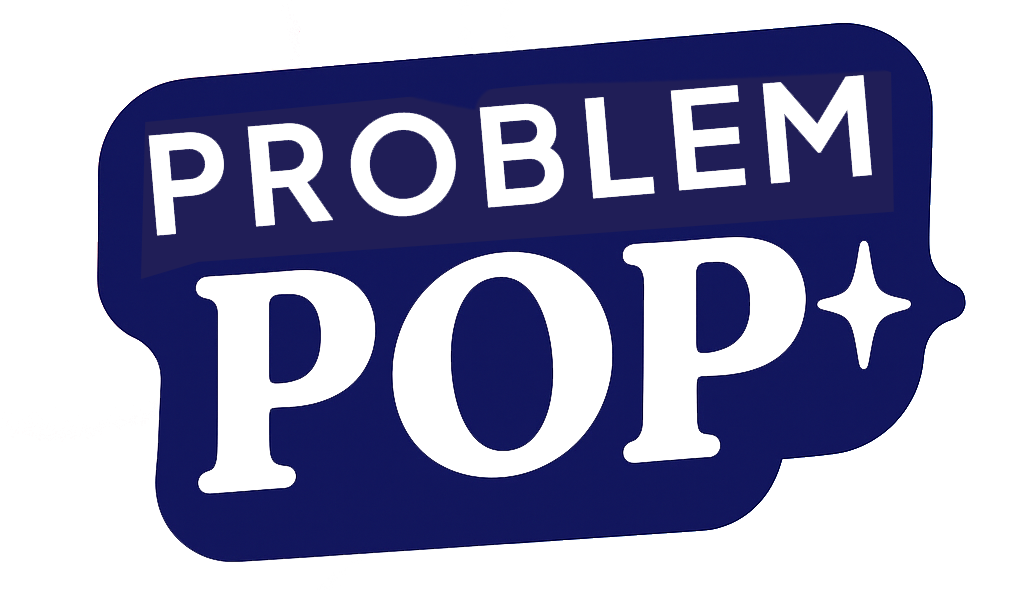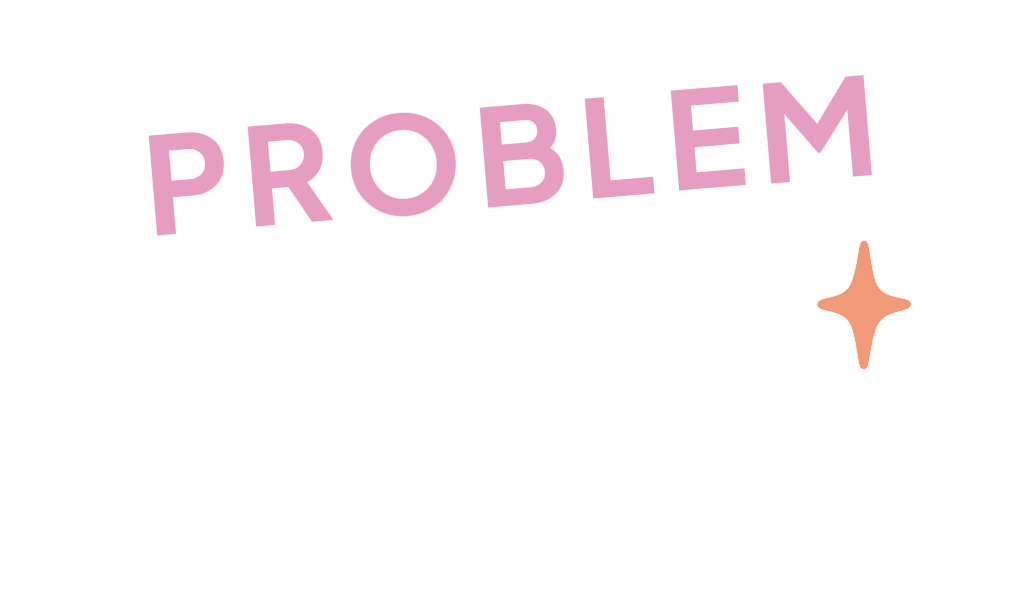How to Get Your First 100 Backlinks (Without Begging)
Ah, backlinks. The currency of SEO that nobody wants to talk about earning the proper way. Spoiler alert: sliding into someone's DMs with "Hey, love your content!" isn't going to cut it, mate. Time for grown-up link building.
The Backlink Hustle: Building Your First 100 Quality Links While Keeping Your Dignity Intact
Let's start with the brutal truth: nobody cares about your website. Sorry. Your mum might visit it occasionally (though she'll never figure out how to leave a comment), but the rest of the internet hasn't noticed you exist. And why would they? There are approximately 1.13 billion websites competing for attention, and yours is just the new kid with the weird haircut that nobody wants to sit next to at lunch. This, my friend, is why you need backlinks—those digital votes of confidence that tell Google, "Hey, this site isn't complete rubbish." But how do you get them without resorting to begging strangers on LinkedIn or sacrificing your firstborn to the SEO gods?
The Backlink Paradox: You Need Links to Get Links
The most infuriating thing about building backlinks is that the entire process feels like trying to get your first job. "We'd love to link to you, but do you have any other links?" It's the classic catch-22 of digital marketing—you need authority to get authority. Having crashed and burned a business myself, I can tell you that watching your domain authority flatline at 1 is more depressing than accidentally liking your ex's Instagram post from 2017 at 3 am.
But here's what most SEO "gurus" won't tell you: the first 100 backlinks aren't about sophistication; they're about hustle and creativity. You don't need a £10,000 monthly retainer with an agency that promises "white hat techniques" (while secretly buying links from their cousin's network of poker sites). You need to be scrappy, opportunistic, and just a tiny bit shameless.
The Content Trap: Why "Just Create Great Content" is Terrible Advice
If I had a pound for every time someone said, "Just create great content and the links will come," I'd have enough money to hire someone to actually read my great content. Because here's the uncomfortable truth: the internet is absolutely stuffed with "great content" that nobody will ever see.
Your 3,000-word ultimate guide to whatever your business does is not going to magically attract links through some sort of cosmic content magnetism. It's the digital equivalent of opening a shop in the middle of the desert and wondering why foot traffic is low. "But I've got such lovely products arranged so beautifully!"
Instead, think of content as your conversation starter, not your closer. You need it, yes, but it's merely the prerequisite for the real work of link building. The awkward truth I learned after my own business faceplanted? You have to actively put that content in front of people who can link to it. This means creating strategic content systems that work together to build authority over time. Which brings us to...
The Unsexy Reality: Your First 100 Backlinks Will Come From Grind, Not Genius
When I was desperately trying to get my candle business off the ground, I discovered that backlinks, like most things in business, don't come from flashes of brilliance but from consistent, methodical effort. So let's talk about what actually works for a new website with zero authority and a founder who hasn't been featured in TechCrunch:
- Guest post on relevant blogs, but with a twist: Don't pitch directly. Engage with the blog owners on Twitter or comment sections for weeks before making your move. When you finally pitch, reference specific articles they've written. I once spent three weeks leaving thoughtful comments on a home decor blog before pitching, and they not only accepted my guest post but gave me two follow-up opportunities.
- Create free tools that solve small but annoying problems in your industry. Even a simple calculator or checklist can earn links if it's genuinely useful. The ROI calculator I created for small business owners took me just four hours to build but generated 15 backlinks in the first month.
- Become the go-to source for a specific data point in your industry. Run a small survey, compile public data in a new way, or track a trend over time. Data is link bait when presented properly.
- Monitor HARO (Help A Reporter Out) and relevant journalist requests like a hawk. Set up alerts and respond quickly and professionally. Even one national press mention can be worth 10 mediocre guest posts.
- Strategically comment on popular blog posts in your niche with genuinely insightful additions—not just "Great post!" Include your name and website, but make your comment so valuable that readers actually want to check out who wrote it.
The Relationship Economy: Why Your Network is Your Net Worth in Link Building
After watching my first business circle the drain, I learned a painful lesson: going it alone is the entrepreneur's death sentence. The same principle applies to link building. The cold outreach approach—sending 500 templated emails begging for links—has a success rate comparable to trying to pay your rent with lottery tickets. Possible? Yes. Reliable? God no.
Instead, the unsexy secret to sustainable link building is relationship cultivation. This doesn't mean you need to become best mates with the editor of the Guardian. It means consistently showing up in your niche and adding value before you ask for anything.
I once spent six months participating in a founder community forum before I ever mentioned my business. By the time I did, I had enough goodwill that several members naturally linked to my site in their own content. No pitching required. This "slow burn" approach feels inefficient when you're desperate for traffic, but it builds a foundation that templated outreach emails never will.
The Tactical Arsenal: Specific Strategies That Actually Work for Nobodies
Let's get brutally practical. Here are the link building tactics that worked for me when I had zero industry connections and a domain authority that would make most SEO consultants laugh:
- Resource page hustling: Find websites in your niche with resource pages, study what's already included, then create something 10% better or more updated than what's listed. Your outreach becomes "I noticed your excellent resource page links to X from 2019. I've created a 2023 version with Y additional features that your audience might find helpful."
- The "missing piece" technique: Identify popular articles in your niche that are missing an important angle or perspective. Create content specifically addressing that gap, then reach out explaining how your content completes their story.
- Strategic testimonials: Use products or services relevant to your industry and offer thoughtful testimonials in exchange for a linked mention. Most companies are desperate for good testimonials and will happily link back.
- Interview series: Interview established figures in your industry. Even if you're a nobody, experts often agree to interviews because they want the exposure. Each interviewee typically shares and links to their feature.
- Collaborative content: Create "expert roundup" posts where you compile insights from multiple industry voices on a specific question. Most participants will share and link to see their name in lights.
The Link Quality Spectrum: Not All Backlinks Are Created Equal
After my business collapsed, I had time to reflect on why some of my marketing efforts had been so spectacularly ineffective. One revelation: I'd been chasing vanity metrics rather than meaningful ones. In link building, this means understanding that 10 relevant, authoritative links will do more for your SEO than 100 random ones from irrelevant websites.
The truth that most budget SEO agencies won't tell you: a backlink from a niche-relevant blog with engaged readers but modest metrics will usually outperform a link from a high-DA site that has nothing to do with your industry. Google isn't stupid. It recognises context and relevance. A cookware company getting links from food blogs makes sense; the same company getting links from cryptocurrency sites looks suspicious.
This doesn't mean you should turn down high-authority links when they come your way. But it does mean you shouldn't dismiss smaller, highly relevant sites in favour of chasing the big fish exclusively. The best link profiles have a natural mix of both.
The Forbidden Techniques: What About Those Grey Hat Methods Everyone Uses But Nobody Discusses?
Let's address the elephant in the room. There are certain link building techniques that exist in the murky area between white hat and black hat SEO. The ones that marketing directors approve behind closed doors but would never admit to in public LinkedIn posts.
I'm talking about private blog networks, link exchanges, and buying links from sites that don't disclose they're selling. Do they work? Sometimes, yes. Are they risky? Absolutely. Having been through business failure once, I'm now firmly in the "sustainable growth" camp rather than the "grow at all costs" mindset.
My advice: in the early days when you're desperate for traction, the temptation to cut corners will be immense. Resist it. The Google penalty that wipes out six months of traffic growth isn't worth the temporary boost. I've seen businesses completely disappear from search results after algorithm updates targeted their spammy link building techniques. The recovery process is painful and sometimes impossible.
Instead, if you're going to bend the rules slightly, do it with more subtle approaches like forming small, private "link pods" with other relevant businesses where you genuinely read and occasionally link to each other's content when appropriate. At least then, you're creating actual value for readers rather than gaming the system entirely.
The Long Game: Setting Up Systems for Ongoing Link Acquisition
The hardest truth about backlinks is that they're never "done." You can't just get your 100 links and dust off your hands. The sites linking to you will disappear, change ownership, or remove old content. Meanwhile, your competitors continue building their profiles.
The businesses that win at SEO aren't necessarily the ones with the cleverest tactics; they're the ones that transform link building from a campaign into a consistent business process. After my previous venture collapsed partly due to inconsistent marketing, I learned that systems beat willpower every time.
Create simple systems like:
- A weekly alert for your brand and core topics so you can find and reach out to people already mentioning you without linking
- A monthly competitive backlink audit where you identify new links your competitors have earned and analyze how you might earn similar ones
- A quarterly content refresh process where you update your highest-performing pieces, giving you a natural reason to reach out to existing linkers
- A system for tracking relationships with site owners and journalists so you're not starting from scratch with each outreach
- A simple dashboard that tracks not just link quantity but quality metrics like relevance, authority, and traffic potential
Remember that consistency trumps perfection. A mediocre link building process executed reliably will outperform brilliant but sporadic efforts every time. The key is solving real problems consistently rather than chasing vanity metrics.
The End Game: Beyond The First 100
Getting your first 100 backlinks isn't about SEO wizardry or having a massive network. It's about being methodical, slightly stubborn, and willing to do the unglamorous work that others aren't. The websites that dominate search results aren't necessarily creating better content than you—they're just better at getting that content seen by people who can amplify it.
The backlinks that matter most aren't the ones you beg for—they're the ones you earn by creating genuine value and making sure the right people know about it. The process isn't quick, and it isn't always pretty, but neither is building a business that lasts. And unlike my first venture, which crashed and burned spectacularly, a methodically built backlink profile won't collapse overnight. It's the difference between building on sand and building on concrete—and I know which one I'm choosing this time around.






